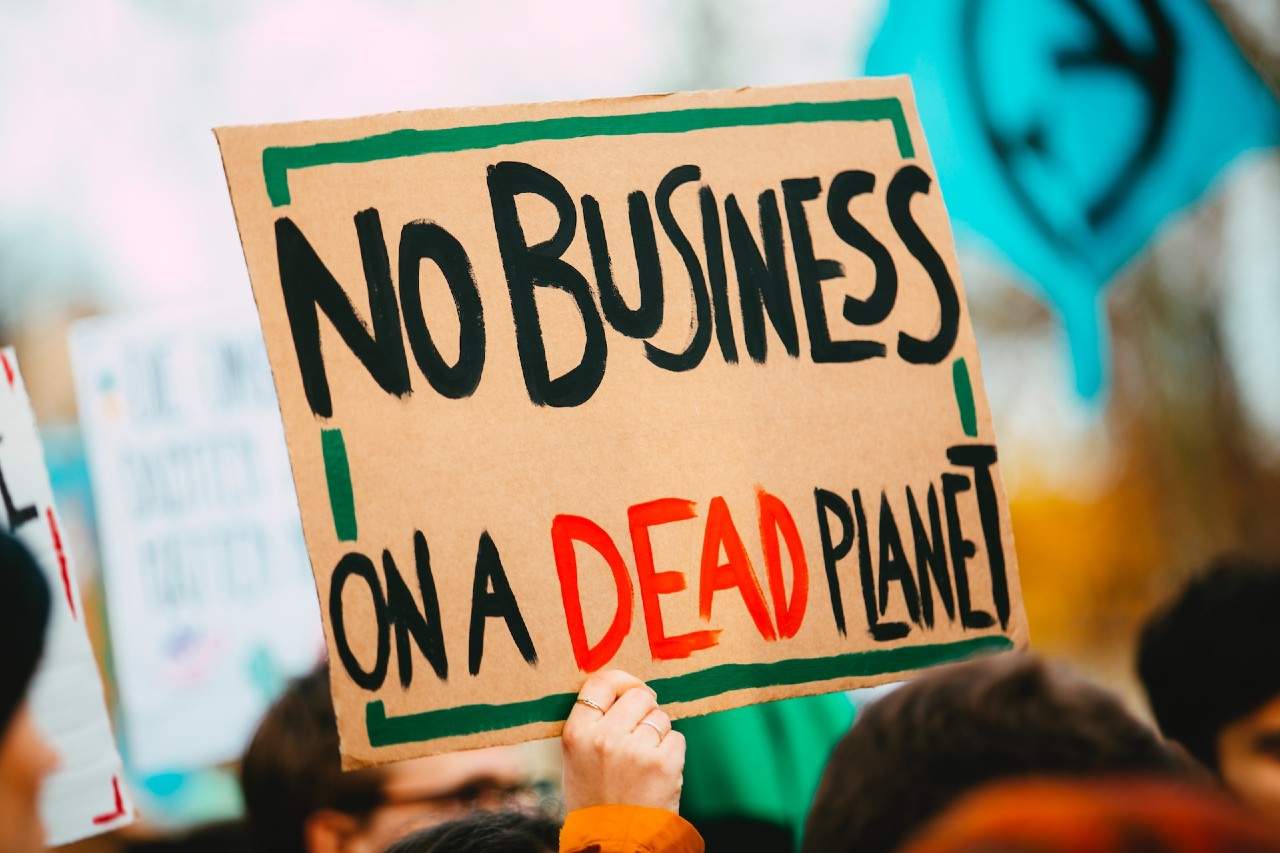
- By Content Coms
- In Thinking
What is anti-ESG and has it the potential to damage sustainable global finance?
At Content Coms, we believe mobilising finance is essential to hastening sustainability. The rapid deployment of money into companies and organisations divesting from fossil legacies will determine whether we can meet Net Zero. In this crucial race, time is not on our side.
Into this complex mix comes a new movement, which might slow the realignment of global trillions to the right corporate circles.
Bloomberg explains a new US agenda is claiming American capitalism is being threatened by corporations embracing green and social causes. Its supporters want to force chief executive officers to focus only on profits, and score a little for themselves, too.
ESG, the process whereby firms invest with environmental, social, and governance principles, seems to have become the US rightwing’s new bogeyman. Prominent Republicans are joining Wall St financiers in pushing back at what they call a liberal agenda, and they’re starting to influence who gets to handle big sums of taxpayer money and where all that cash is invested.
It’s a wholly Trumpian proposition; deep-red Texas wants to yank state money away from financial firms that are seen as hostile to fossil fuel companies. Republican Senate candidate Blake Masters has characterised ESG scores as an ‘existential threat’ to America.
Whilst this might sound like a desperate politicisation of ESG realities, could it really slow America’s green transition, and by so doing harm other global markets shifting off fossils?
ESG; the players
Here’s how the sides line up. The Wharton School at the University of Pennsylvania explains the anti-ESG or anti-woke investment movement is following a classic playbook of disinformation and propaganda.
In the manner that many funders and politicians sought to discredit climate science, they are working to discredit efforts to improve the incorporation of climate science and other ESG factors into valuation models used by investors, consultants and corporates.
On the other side, organisations like UN PRI work to promote the incorporation of environmental, social, and corporate governance factors into investment decisions.
David Atkin, UN PRI CEO, says PRI has more than 5,000 signatories with some US$120 trillion in assets, and these investors have made it clear that they consider ESG factors because of their materiality to the value of investments.
And Nathan Fabian, Chief Responsible Investment Officer for PRI, argues ESG exists because efforts so far to price the planet’s boundaries and social institutions have been too little and too late to make a difference.
“Corporates and investors alike have spent the best part of 20 years worshipping at the altar of carbon markets only to find that politics gets in the way of a sufficient price and sufficient coverage to meet climate goals,” he observes. Hence, ESG strives to achieve what carbon pricing, thus far, cannot.
What next for sustainable finance?
Speaking with the FT, As You Sow’s Andrew Behar called some US anti-woke funds political theatre. But US politics, as with much existing geopolitics, is in a state of flux.
The more the rightwing agenda gains traction, the greater the risk of slowing green money’s flow to the right firms in countries like the UK, EU or China, plus developing and emerging markets.
Remember, some $125 trillion of climate investment is needed by 2050 to meet Net Zero, with investment from now until 2025 needing to triple compared to the last five years to put the world on track. Other estimates put the sums needed yet higher.
Anything that slows this progress is very bad news. It’s vital to Content Coms because in the run-up to COP26, we launched the Content Coms Anti-Greenwash Playbook; a call for greater transparency across the supply chain and an end to unsubstantiated ‘green claims’.
And we know; used correctly, ESG helps eliminate greenwash, so we’re concerned by US seeds to undermine it.
The Content Coms opinion
“We believe in transparency and accountability across all corporate reporting,” comments Joanna Watchman, Founder and CEO, Content Coms.
“When you have open visibility, businesses and investors can drive the Net Zero transition more hastily and more powerfully. ESG helps this happen, so we support its aims and its goals.
“What we don’t require as a global business community and especially in the UK, is any lobbying that slows progress through partisan rather than scientific agendas.
“We hope the new UK Government will also stick rigidly to proven science and metrics when it comes to how green money is directed and controlled.”
ESG; the endgame
Most commentators appear to sense the anti-ESG movement remains, for now, mostly political. Most people on the street support climate action and most investors ultimately realise the logic in directing money away from fossil legacy business.
But the worry is pace. Climate action is required today. There is little time to get things done and Governments and businesses alike can move slowly. Any attempts to stymie green finance, in any guise, should be a concern for the global community.

